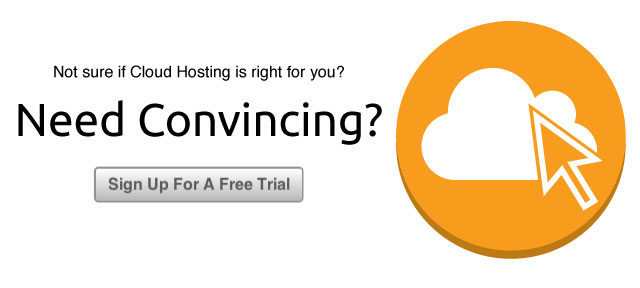While many companies have already embraced ERP cloud hosting, particularly small and midsize organizations, a large number still remain hesitant. As is typical for most new and innovative technologies, various myths and misconceptions have been attributed to ERP cloud hosting. Knowing the truth is extremely important when deciding which path to take for your company. With this in mind, I thought I’d put together a quick list of the five most common myths about ERP cloud hosting to show how they can be debunked.
1. You only receive the most basic ERP functionality when you choose a hosted ERP solution.
While in the past it was true that ERP hosted solutions could only provide very narrow functionality that focused mainly on A/R, A/P, G/L and payroll applications, ERP cloud solutions have changed significantly in recent years. They now provide all ERP functions including finance management, procurement and sourcing, payroll and HR (HCM), supply chain management, production and manufacturing, project accounting, sales and marketing, business intelligence and much more
Standardized hosted software offered by ERP providers today is, in fact, on par with the functionality of onsite deployments and often at a lower price. With a cloud hosted solution, you can receive real time information across the organization through inquiry tools that are easy to use and benefit from powerful analysis and reporting capabilities.
2. You cannot customize a cloud hosted ERP solution
There is a rumor about ERP cloud hosting that claims solutions are highly inflexible and cannot be personalized to meet specific requirements. In fact, providers know that a standardized version where one size is expected to fit all is not what businesses need. Instead, they can actually offer what most organizations want: broad-based standardization with full configuration and customization capability.
Most solutions allow the ERP provider to make specific customizations to meet the needs of their clients, often by adapting software to better suit unique processes and industry requirements. There are also configuration tools available that allow non-programmers to modify the look and feel of software in order to make minor adaptions to meet business needs on an ad hoc basis.
3. Integration between a hosted ERP system and other systems is a challenge
It is essential for modern businesses to be able to integrate systems together to achieve operational efficiency and improve employee productivity. As such, integration of ERP systems with other key systems is a primary concern. To meet this requirement, many ERP cloud hosting providers can provide 3rd party integration tools and web services APIs, which allow applications to communicate with each other. This means hosted ERP solutions can now have the needed integration between multiple systems while eliminating the potentially expensive and time consuming coding of customizations.
4. A hosted ERP solution will not function if the Internet goes down, so your entire business will go down
As hosted applications are delivered via an Internet connection, some organizations worry about issues related to Internet reliability and possible service outages that could result in their whole business going down. Although this is a valid concern, the concern already exists. Today’s companies are totally dependent on their internet whether the ERP is locally hosted or hosted in the cloud. In recent years, there have been notable improvements in Internet stability, resulting in a greatly reduced number of aggregate outages as well as a reduced duration per outage. Furthermore, many hosting providers safeguard against outages by contracting at least two ISPs, so a secondary ISP can be used if the primary ISP fails and during times of high use to help with load balancing. Finally, most contracts include provisions for guaranteed up-times, often with a guaranteed range from the standard of 2 to 4 nines (99.99%).
5. Data is less secure with an ERP cloud hosted solution than an onsite solution
In the past, many organizations were opposed to cloud ERP hosting, as they believed that having all the company’s data, infrastructure, software, and hardware onsite was by far the safest course. However, a survey conducted by North Bridge Venture Partners in June 2012 entitled The Future of Cloud Computing showed that while security is still a top concern for most organizations, more companies are turning to ERP cloud hosting.
Interestingly, to match the same security standards onsite as are found with most cloud ERP solutions would require a data center be built with cement or steel fortifications, be free of windows, and use 24-hour security surveillance in the form of cameras and guards. Ideally, the center should be underground to withstand potential earthquakes and other natural disasters. One would also need a system in place to back up data on a regular basis, and for those backups to be supplied with the same security measures as above. Most companies would likely have a hard time replicating this type of facility onsite.
Contrary to popular understanding, many ERP hosted systems are highly functional, customizable, integrated, stable and secure. If you’re seriously contemplating a move to the cloud, make sure to interview a few different ERP cloud hosting service providers. When doing so, don’t forget to challenge them with these five questions – you might be surprised at the answers you get.
